Law Enforcement
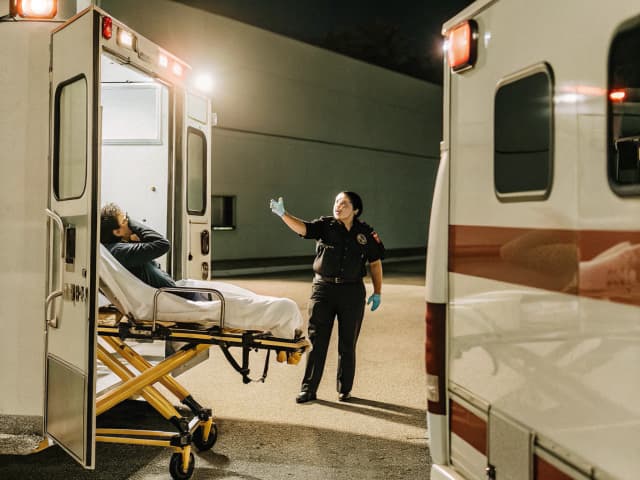
Body-worn cameras: policies.
Requires law enforcement to limit body camera recording during sensitive medical evaluations by July 2026. Establishes procedures for emergency personnel to request redaction of sensitive medical recordings. Mandates minimum 60-day retention for routine footage and 2 years for footage involving arrests or complaints. Requires permanent retention of all camera data access and deletion logs.
Body-worn cameras: policies.

Requires law enforcement to limit body camera recording during sensitive medical evaluations by July 2026. Establishes procedures for emergency personnel to request redaction of sensitive medical recordings. Mandates minimum 60-day retention for routine footage and 2 years for footage involving arrests or complaints. Requires permanent retention of all camera data access and deletion logs.
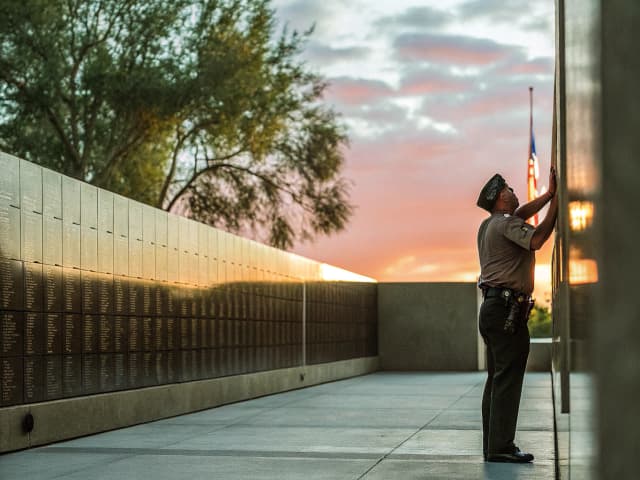
Crimes: invasion of privacy.
Exempts businesses from privacy laws when collecting customer data for legitimate commercial purposes. Increases penalties up to $10,000 for unauthorized recording of private communications. Allows consumers to opt out of having their personal information processed by businesses. Maintains existing privacy protections against non-commercial surveillance and recording.
Crimes: invasion of privacy.

Exempts businesses from privacy laws when collecting customer data for legitimate commercial purposes. Increases penalties up to $10,000 for unauthorized recording of private communications. Allows consumers to opt out of having their personal information processed by businesses. Maintains existing privacy protections against non-commercial surveillance and recording.
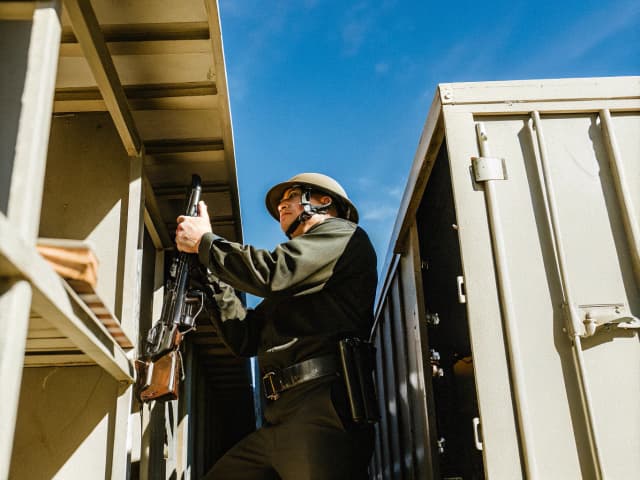
Peace officers.
Prohibits peace officers from carrying firearms when their blood alcohol level is above 0.00%, whether on or off duty. Requires all law enforcement agencies to implement a zero-tolerance alcohol policy for armed officers. Exempts officers from the alcohol restriction while conducting undercover operations. Mandates state reimbursement to local agencies for costs of implementing these new requirements.
Peace officers.

Prohibits peace officers from carrying firearms when their blood alcohol level is above 0.00%, whether on or off duty. Requires all law enforcement agencies to implement a zero-tolerance alcohol policy for armed officers. Exempts officers from the alcohol restriction while conducting undercover operations. Mandates state reimbursement to local agencies for costs of implementing these new requirements.

Law enforcement: settlement agreements.
Prohibits settlements that require destroying or concealing misconduct records. Requires agencies to report separations, complaints, and outcomes to the commission. Public records must disclose firearm discharge, deadly force, dishonesty, sexual assault. Operative only if all related bills pass and take effect by 2026.
Law enforcement: settlement agreements.

Prohibits settlements that require destroying or concealing misconduct records. Requires agencies to report separations, complaints, and outcomes to the commission. Public records must disclose firearm discharge, deadly force, dishonesty, sexual assault. Operative only if all related bills pass and take effect by 2026.
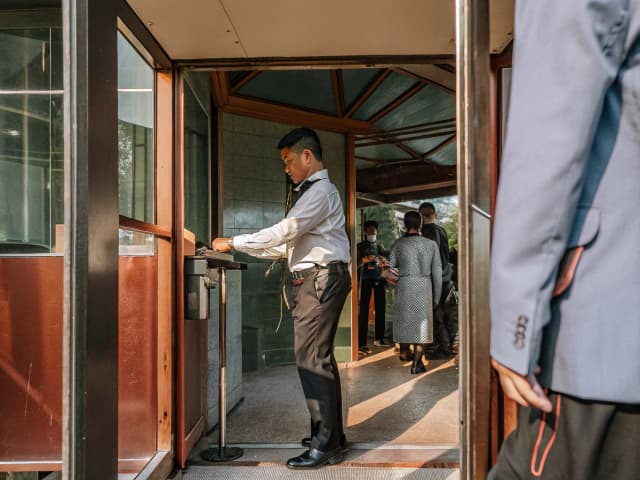
Private security services: patrol operators: training.
Makes technical changes to private security guard training requirements without substantive modifications.
Private security services: patrol operators: training.

Makes technical changes to private security guard training requirements without substantive modifications.

Firearms: ghost guns.
Cracks down on ghost guns by criminalizing unlawful manufacture and aiding. Defines digital firearm manufacturing code to include CAD/CAM files and 3D data. Creates civil actions with damages and penalties up to $25,000 per violation. Operative only if AB 1127 is enacted by Jan 1, 2026.
Firearms: ghost guns.

Cracks down on ghost guns by criminalizing unlawful manufacture and aiding. Defines digital firearm manufacturing code to include CAD/CAM files and 3D data. Creates civil actions with damages and penalties up to $25,000 per violation. Operative only if AB 1127 is enacted by Jan 1, 2026.

Peace officers: confidentiality of records.
Expands public access by releasing key peace officer incident and disciplinary records. Requires courts to consider undercover duties when assessing safety risk of disclosure. Operative only if AB 847 and AB 1388 are enacted with specified sequencing. Sets a 45-day disclosure deadline and outlines redaction rules.
Peace officers: confidentiality of records.

Expands public access by releasing key peace officer incident and disciplinary records. Requires courts to consider undercover duties when assessing safety risk of disclosure. Operative only if AB 847 and AB 1388 are enacted with specified sequencing. Sets a 45-day disclosure deadline and outlines redaction rules.
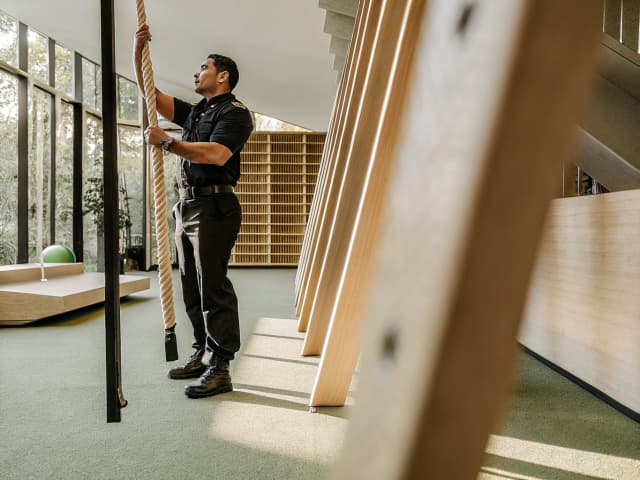
Private security services: security guards: training.
Requires security guard training to be completed within 6 months before submitting a registration application. Mandates 32 hours of security officer skills training within 6 months of initial registration. Restricts security companies to training only their own employees and job applicants. Requires annual completion of 8 hours of security officer skills review.
Private security services: security guards: training.

Requires security guard training to be completed within 6 months before submitting a registration application. Mandates 32 hours of security officer skills training within 6 months of initial registration. Restricts security companies to training only their own employees and job applicants. Requires annual completion of 8 hours of security officer skills review.
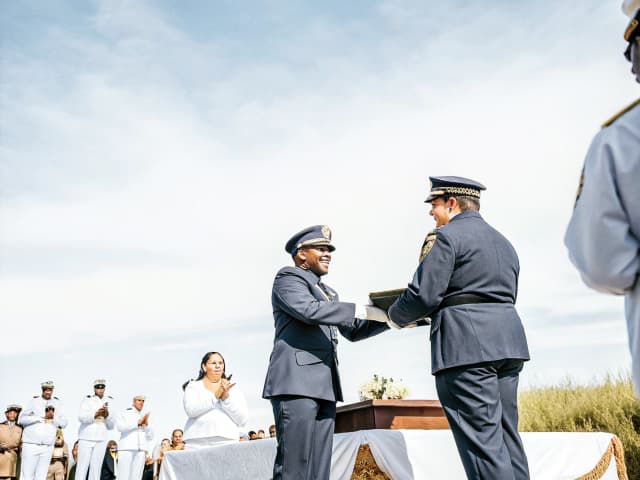
Peace officers.
Establishes new education requirements and 2031 timelines for peace officers. Creates a modern policing degree and a professional policing certificate with defined credits. Authorizes foreign-degree evaluation by recognized services for equivalency. Establishes CCC-POST advisory framework and requires a planning report.
Peace officers.

Establishes new education requirements and 2031 timelines for peace officers. Creates a modern policing degree and a professional policing certificate with defined credits. Authorizes foreign-degree evaluation by recognized services for equivalency. Establishes CCC-POST advisory framework and requires a planning report.

Peace officers: mental health liaisons.
Authorizes local governments to designate mental health liaisons for supporting peace officers' mental wellness. Requires designated liaisons to be existing employees with counseling or mental health expertise. Addresses high rates of trauma and mental health challenges faced by law enforcement personnel.
Peace officers: mental health liaisons.

Authorizes local governments to designate mental health liaisons for supporting peace officers' mental wellness. Requires designated liaisons to be existing employees with counseling or mental health expertise. Addresses high rates of trauma and mental health challenges faced by law enforcement personnel.
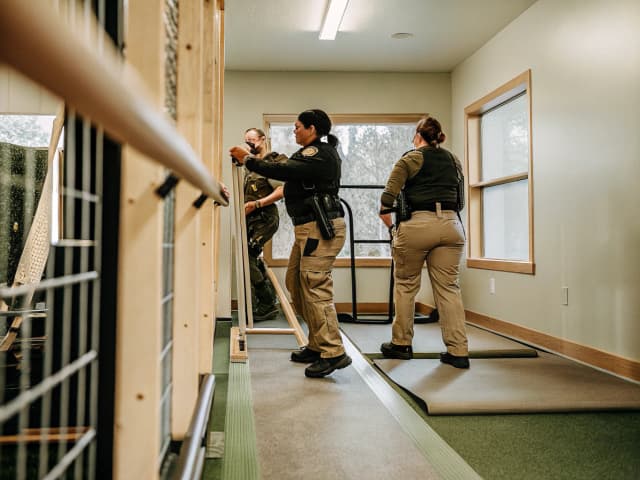
Peace officer training: behavioral health.
Requires police officers to complete behavioral health training for interacting with mentally ill and disabled persons. Authorizes partnerships with health departments and community organizations to develop the training curriculum. Mandates a minimum three-hour course covering topics like de-escalation and mental health awareness. Sets an implementation deadline of August 1, 2026 for the training program.
Peace officer training: behavioral health.

Requires police officers to complete behavioral health training for interacting with mentally ill and disabled persons. Authorizes partnerships with health departments and community organizations to develop the training curriculum. Mandates a minimum three-hour course covering topics like de-escalation and mental health awareness. Sets an implementation deadline of August 1, 2026 for the training program.
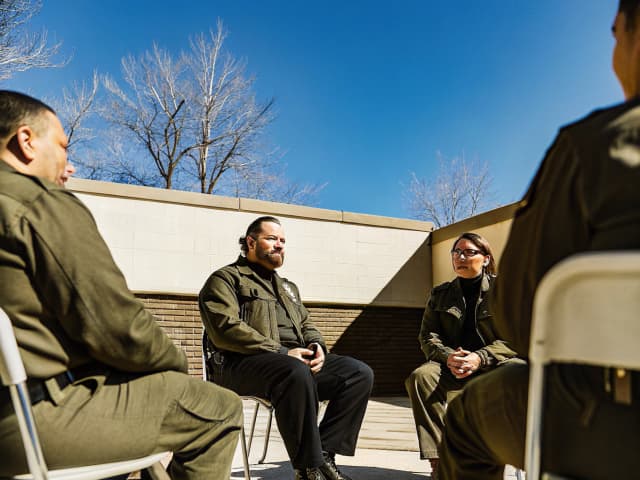
Peace officers: confidential communications: exceptions: group peer support services.
Expands confidentiality protections for law enforcement officers participating in group peer support services. Allows disclosure of confidential peer support communications in juvenile delinquency proceedings. Protects communications between officers during group mental health and crisis support sessions. Permits disclosure if needed to prevent death, bodily harm, or crime commission.
Peace officers: confidential communications: exceptions: group peer support services.

Expands confidentiality protections for law enforcement officers participating in group peer support services. Allows disclosure of confidential peer support communications in juvenile delinquency proceedings. Protects communications between officers during group mental health and crisis support sessions. Permits disclosure if needed to prevent death, bodily harm, or crime commission.

Peace officers.
Mandates dual-degree requirements for peace officer employment. Shifts degree program development to the CCC Chancellor’s Office with broad input. Eliminates POST's mandatory criteria adoption and makes POST advisory, with immediate effect. Adds prior experience and character considerations and seeks financial aid for underserved communities.
Peace officers.

Mandates dual-degree requirements for peace officer employment. Shifts degree program development to the CCC Chancellor’s Office with broad input. Eliminates POST's mandatory criteria adoption and makes POST advisory, with immediate effect. Adds prior experience and character considerations and seeks financial aid for underserved communities.

Criminal procedure: interrogations.
Establishes a new interrogations chapter for initial interviews with immediate family. Requires agencies to adopt policies by January 1, 2027 for these interviews. Mandates clear identification, status, purpose, and option to have a support person. Prohibits coercion and allows delays or Miranda-like advisements; local reimbursements may apply.
Criminal procedure: interrogations.

Establishes a new interrogations chapter for initial interviews with immediate family. Requires agencies to adopt policies by January 1, 2027 for these interviews. Mandates clear identification, status, purpose, and option to have a support person. Prohibits coercion and allows delays or Miranda-like advisements; local reimbursements may apply.
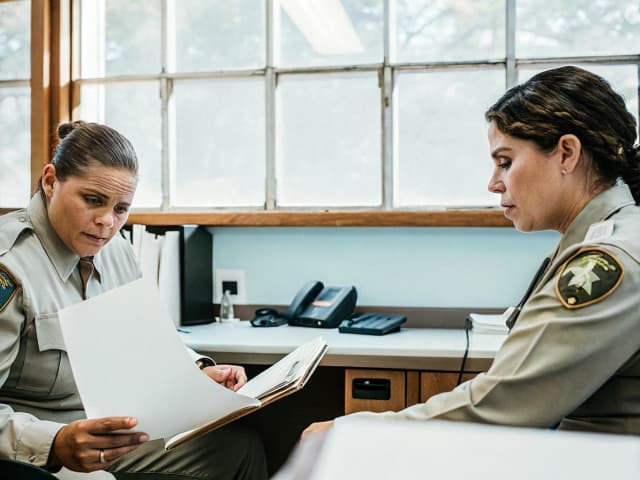
Law enforcement policies: restraining orders.
Requires police and campus police to adopt policies on firearm-restricted orders. Sets January 1, 2027 deadline to develop and implement the policies. Requires firearm relinquishment at service with forms, one-day steps, and data updates. Creates a state-mandated local program with potential reimbursement and public access.
Law enforcement policies: restraining orders.

Requires police and campus police to adopt policies on firearm-restricted orders. Sets January 1, 2027 deadline to develop and implement the policies. Requires firearm relinquishment at service with forms, one-day steps, and data updates. Creates a state-mandated local program with potential reimbursement and public access.
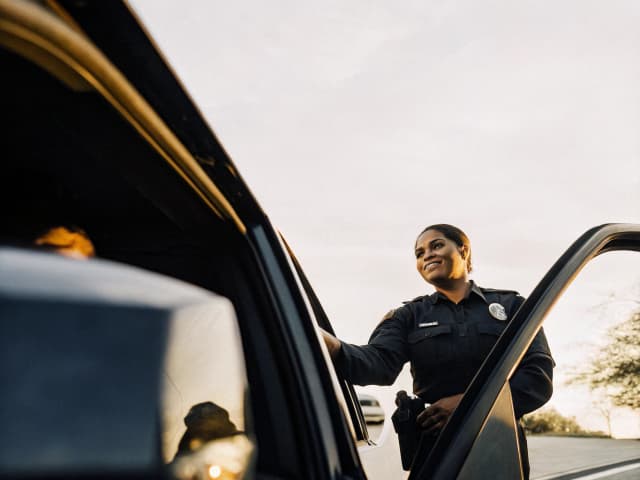
Criminal procedure: search of persons.
Establishes new rules requiring police officers to get recorded consent before searching individuals or their property. Requires officers to explain that consent is voluntary and specify the exact scope of any search. Mandates immediate termination of searches if an individual withdraws their consent. Allows local jurisdictions to adopt stronger protections for individuals during consent searches.
Criminal procedure: search of persons.

Establishes new rules requiring police officers to get recorded consent before searching individuals or their property. Requires officers to explain that consent is voluntary and specify the exact scope of any search. Mandates immediate termination of searches if an individual withdraws their consent. Allows local jurisdictions to adopt stronger protections for individuals during consent searches.
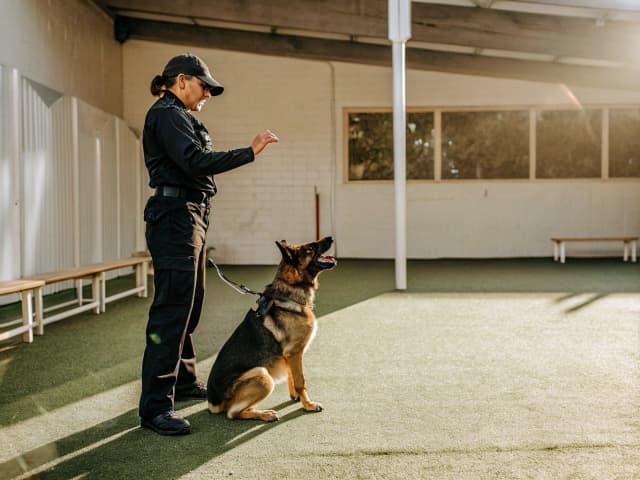
Commission on Peace Officer Standards and Training: police canines.
Requires POST to study and issue recommendations on police canines by 2028. Directs the study to cover patrol use, detection, obedience standards, warnings, and review factors. Repeals the requirement on July 1, 2031. Declares no funding is requested and requires fiscal committee oversight.
Commission on Peace Officer Standards and Training: police canines.

Requires POST to study and issue recommendations on police canines by 2028. Directs the study to cover patrol use, detection, obedience standards, warnings, and review factors. Repeals the requirement on July 1, 2031. Declares no funding is requested and requires fiscal committee oversight.

California Public Records Act: elected or appointed officials.
Expands the protected list of elected or appointed officials under CPRA. Adds federal and tribal judges, State Bar Court judges, and children's counsel appointees. Criminalizes improper disclosures of information about these officials. Declares no state reimbursement is required and local agencies may incur nonreimbursed costs.
California Public Records Act: elected or appointed officials.

Expands the protected list of elected or appointed officials under CPRA. Adds federal and tribal judges, State Bar Court judges, and children's counsel appointees. Criminalizes improper disclosures of information about these officials. Declares no state reimbursement is required and local agencies may incur nonreimbursed costs.
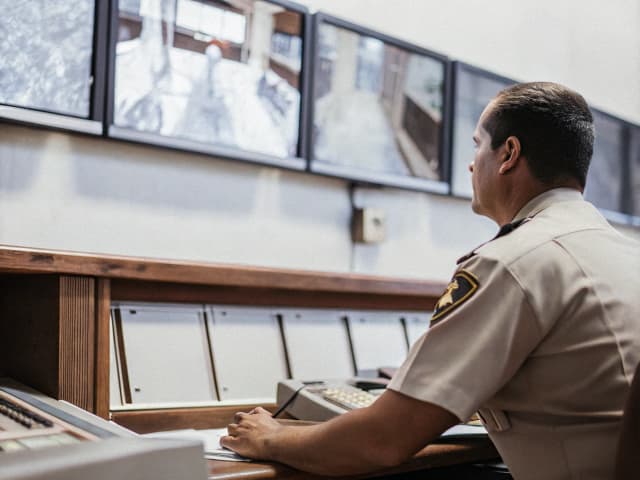
Peace officers: deputy sheriffs.
Expands peace officer status to deputy sheriffs in Amador and Nevada Counties. Grants statewide authority to these officers when performing custodial duties or during local emergencies. Aligns authority of deputy sheriffs across California counties for consistent law enforcement.
Peace officers: deputy sheriffs.

Expands peace officer status to deputy sheriffs in Amador and Nevada Counties. Grants statewide authority to these officers when performing custodial duties or during local emergencies. Aligns authority of deputy sheriffs across California counties for consistent law enforcement.

School safety: armed school resource officers.
Requires all California schools with 50+ students to employ armed school resource officers during school hours. Implements a three-year rollout starting with high schools in 2026 and ending with elementary schools in 2028. Mandates state reimbursement to schools for all costs associated with hiring armed officers. Applies to both traditional public schools and charter schools with qualifying enrollment numbers.
School safety: armed school resource officers.

Requires all California schools with 50+ students to employ armed school resource officers during school hours. Implements a three-year rollout starting with high schools in 2026 and ending with elementary schools in 2028. Mandates state reimbursement to schools for all costs associated with hiring armed officers. Applies to both traditional public schools and charter schools with qualifying enrollment numbers.

Tribal judges.
Extends legal protections to tribal judges by making assaults against them a criminal offense. Allows tribal judges to keep their home addresses confidential in DMV and voter registration records. Makes unauthorized disclosure of a tribal judge's confidential information resulting in injury a felony.
Tribal judges.

Extends legal protections to tribal judges by making assaults against them a criminal offense. Allows tribal judges to keep their home addresses confidential in DMV and voter registration records. Makes unauthorized disclosure of a tribal judge's confidential information resulting in injury a felony.
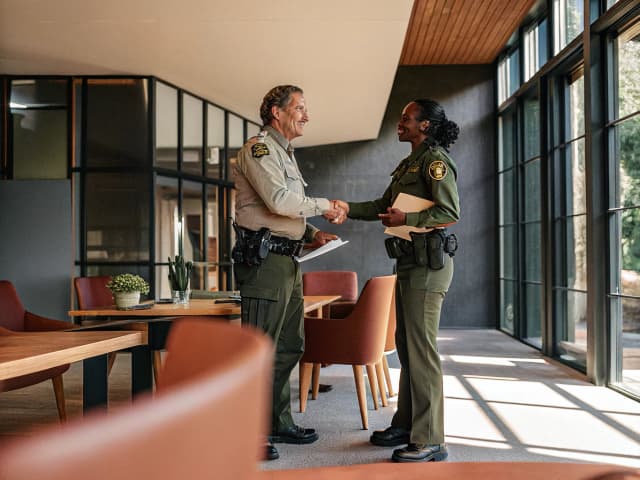
Peace officers: tribal police pilot project.
Establishes a 3-year pilot program granting state peace officer authority to tribal police on Indian lands. Requires participating tribes to meet state training standards and waive sovereign immunity for police actions. Creates a state fund to help tribal police departments upgrade technology for required reporting. Authorizes tribal officers to pursue cases beyond reservation boundaries under specific circumstances.
Peace officers: tribal police pilot project.

Establishes a 3-year pilot program granting state peace officer authority to tribal police on Indian lands. Requires participating tribes to meet state training standards and waive sovereign immunity for police actions. Creates a state fund to help tribal police departments upgrade technology for required reporting. Authorizes tribal officers to pursue cases beyond reservation boundaries under specific circumstances.